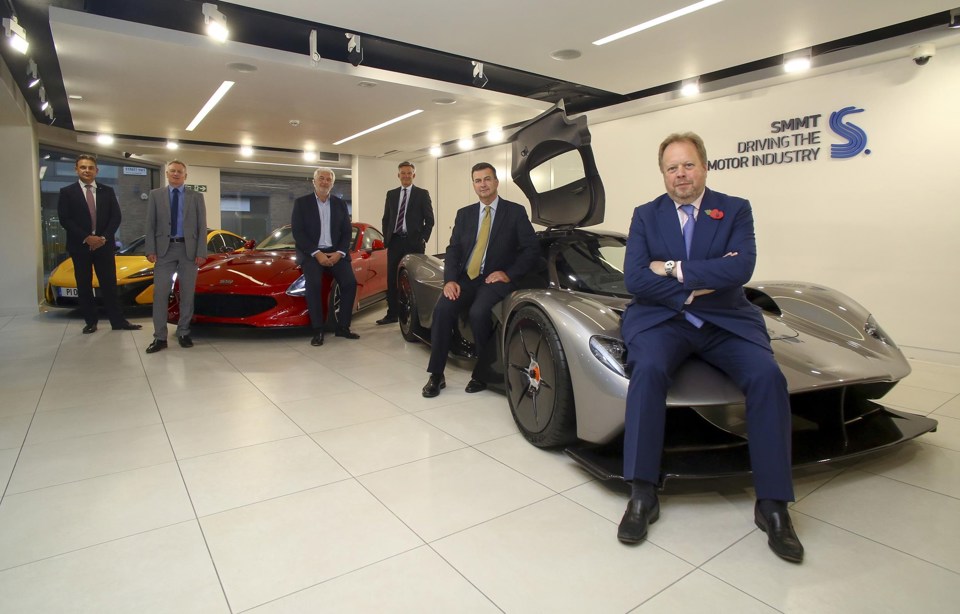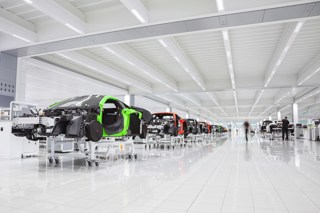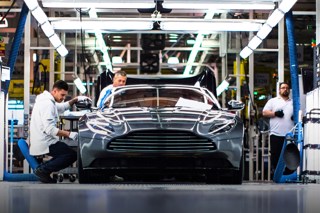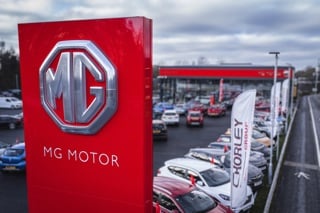Some of the UK’s most iconic automotive brands could realise a 60% production boost by 2020, according to a report on specialist car makers compiled by the SMMT.
Latest figures show that in 2016 these car makers turned over a collective £3.6 billion, up 52% from 2012, as productions outputs rose by a quarter (25%), to 32,000, in the same period.
The AM100’s top dealer groups have ceased on a trend created by an increasing number of affluent buyers by growing their presence with brands such as Aston Martin, McLaren and Rolls-Royce over the past 12 months.
In addition, these brands have expanded into new international markets, the SMMT noted, further setting production is on an upward trend.
But Mike Hawes, SMMT chief executive, has used the sector’s growth to reiterate the need for strong, tariff-free ties with Europe and constructive international trade deals more widely.
Hawes said: “Our specialist car manufacturing sector is one of the UK’s global success stories – making world-leading products and pioneering next generation technologies that benefit everyone.
“For this to continue we need certainty on Britain’s future trading relationships, including customs plans, market access, regulations governing the design, production and approval of vehicles, and rules around movement of skilled workers.
“This will provide the assurance the sector needs to remain competitive and make investment decisions that enable it to continue to develop innovative, exciting and desirable products that are the envy of the world.”
The SMMT said that the UK’s specialist car makers, which will soon include the returning TVR sports car brand, employed 11,250 people – an 11.5% increase on five years ago.
The sector is an important contributor to the UK economy, with 65% of the vehicles it produces exported to markets worldwide, including the EU, US, China, Japan and the Gulf States.
Meanwhile, it supports an equally diverse UK supply chain, sourcing, on average, two thirds (65%) of vehicle content from local tier one companies and a further 30% from across the wider EU.
The SMMT said in its reports that the industry needs political leadership that delivers “a competitive environment, globally, and a future relationship with the EU that safeguards as many of the benefits that we currently enjoy as possible”.



















Login to comment
Comments
No comments have been made yet.